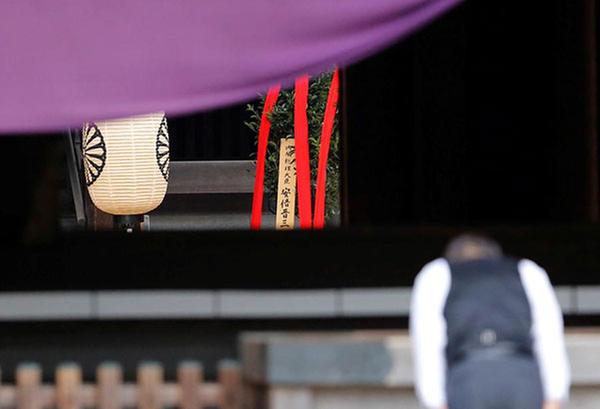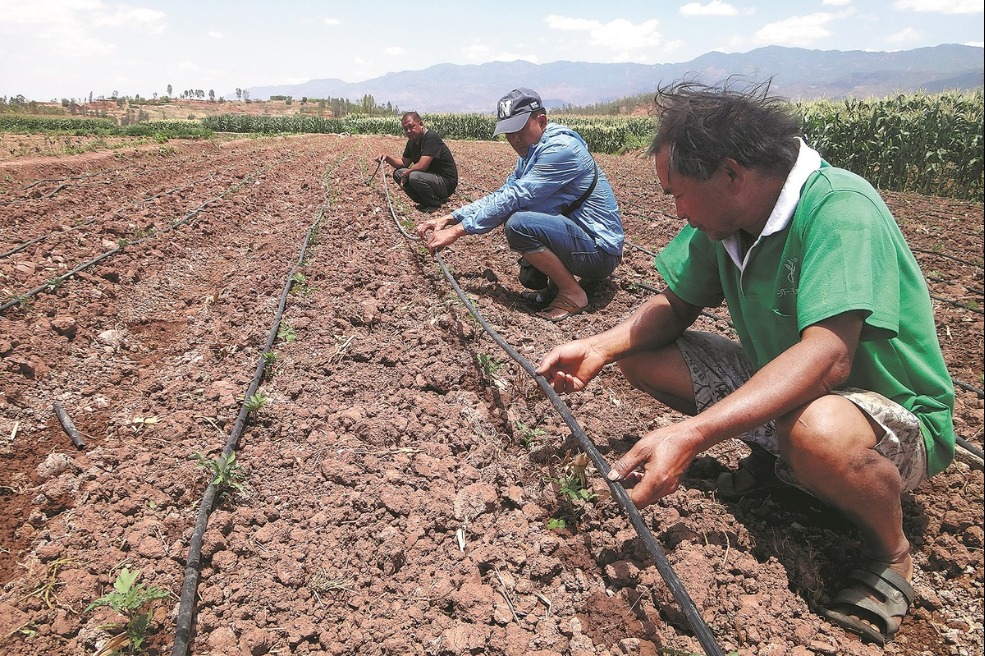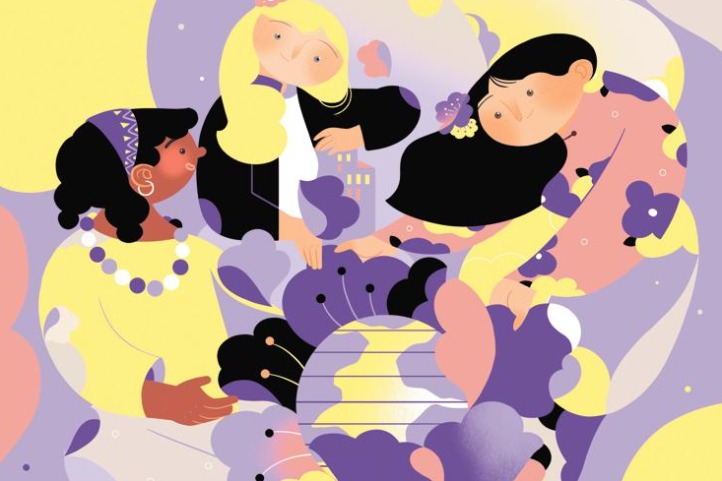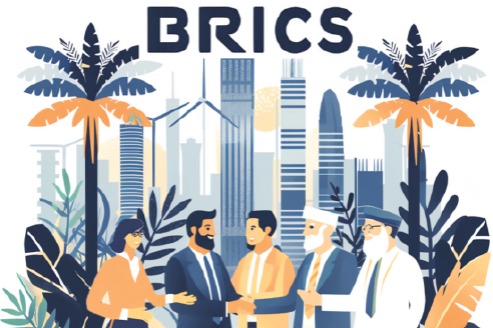More than a diplomatic issue

 |
| A wooden sign which reads "Prime Minister Shinzo Abe" is seen on a ritual offering, a "masakaki" tree, from Abe to the Yasukuni Shrine, inside the main shrine at the controversial shrine for war dead, in Tokyo, Japan, April 21, 2017. [Photo/Agencies] |
To offer gratitude and reverence in person to those who died for state policies has long been cited by some Japanese politicians as a long-standing tradition. Communications Minister Sanae Takaichi, who was one of those who visited the shrine, defended the action by saying, "The way we commemorate [the dead] shouldn't turn into a diplomatic issue," according to Japanese reports.
But their homage-paying to the shrine, which honors Japan's war dead, including 14 World War II Class-A war criminals, constitutes a repeated challenge to international justice, as the shrine has long been a symbol of Japanese militarism.
Following Abe's ritual offering and the visit by the lawmakers, China's Foreign Ministry urged Japan to profoundly reflect on its history and "maintain a distance from militarism".
The Republic of Korea also voiced "deep concerns and regret" over Abe's act and said the shrine "glorifies Japan's past colonial exploitation and war of aggression".
There have also been protests and opposition within Japan.
Aside from the Yasukuni Shrine issue, a series of rightist moves that have taken place in Japan recently, including the Abe Cabinet giving the green light to the use of the 1890 Imperial Rescript on Education in classrooms earlier this month, have provoked concern from peace-loving people around the world.
Any attempt by the Abe government to whitewash Japan's past crimes will come to no avail and only keep Japan further away from its dream of becoming a normal country. By continuing to refuse to take an unflinching look at its history and even attempting to deliberately distort that history, Japan, which committed atrocious crimes in neighboring countries, will never win respect and understanding of its neighbors and the rest of the international community.
-PEOPLE'S DAILY
































